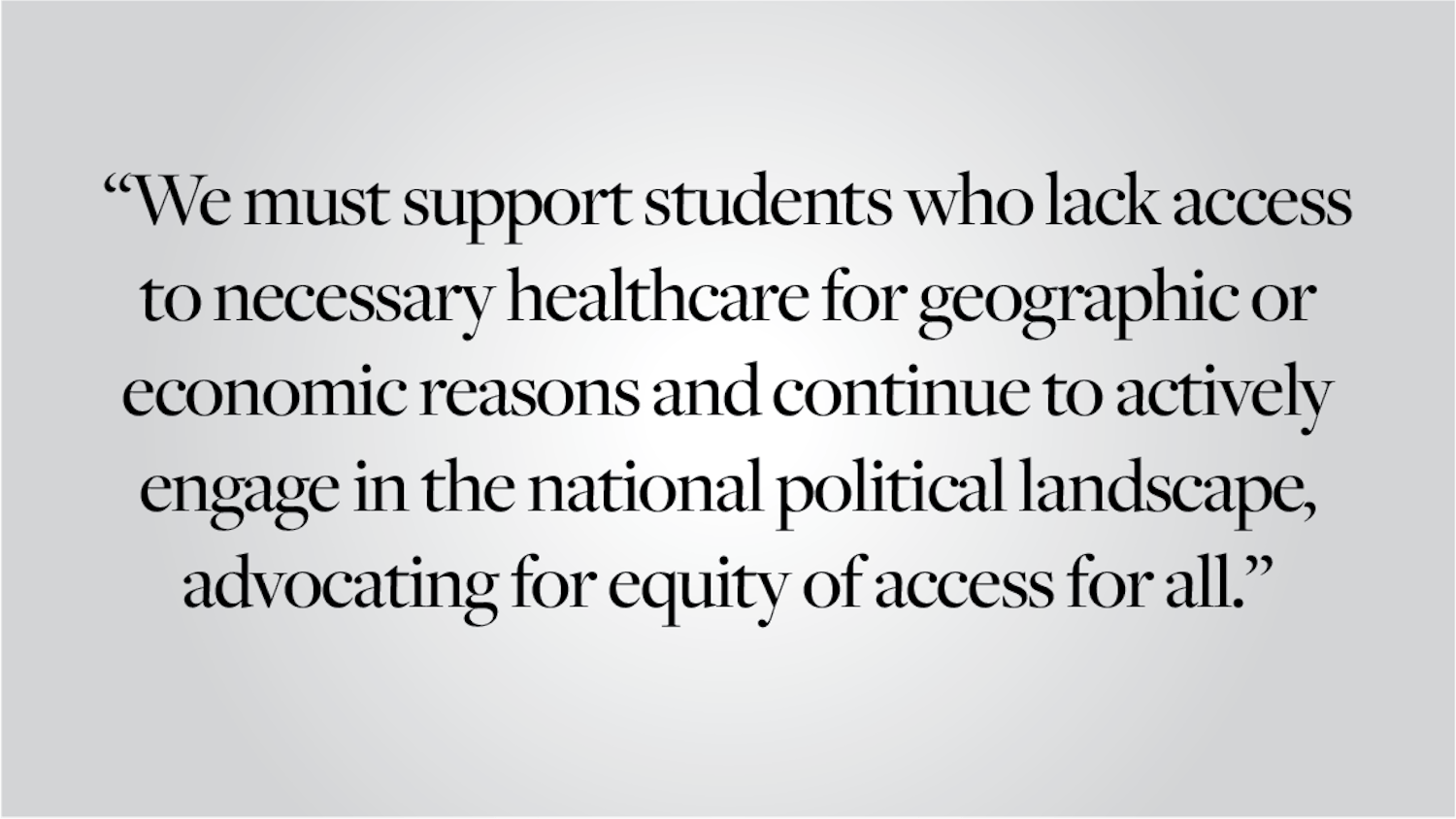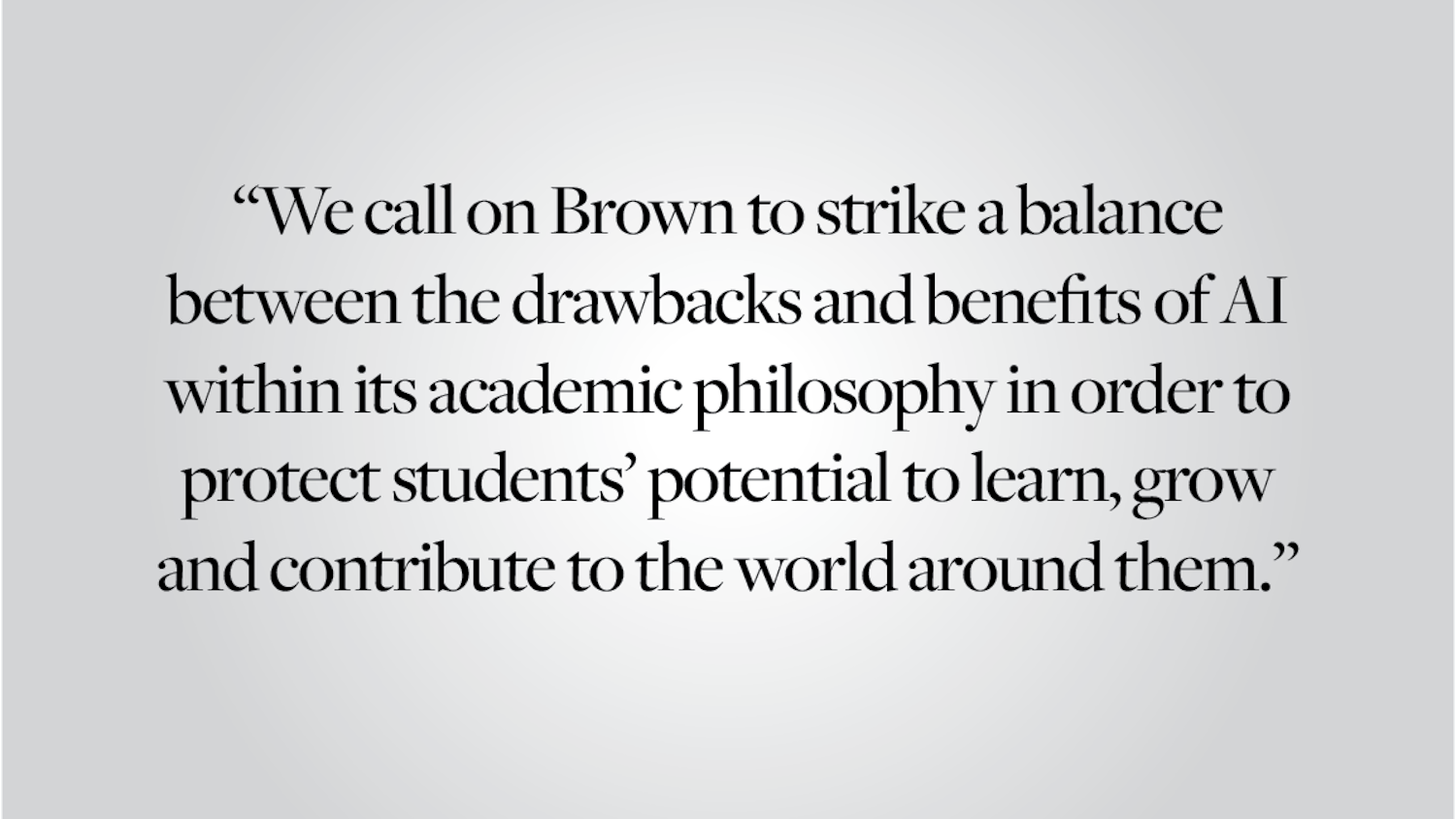We are pleased that one of the chief emphases of BrownTogether, the University’s recently released $3 billion comprehensive campaign, is the development and cultivation of interdisciplinary scholarship. Brown is an international hub for interdisciplinary research, answering some of the world’s most complicated and pressing issues. In many ways, the tendency of Brown faculty and students to traverse disciplinary boundaries is reflected in the spirit of the open curriculum, which incentivizes the use of different modes of scholarship to attend to common themes.
As information about summer opportunities begins to inundate the campus, some students may be interested in rigorously engaging in such scholarship over the summer. Though there are many ways in which students can do this, one principal way is through Undergraduate Teaching and Research Awards, which fund the scholarly endeavors of many students each summer in addition to during the academic year. UTRA recipients can pursue projects in any field of their choosing, spanning the humanities, social sciences, physical sciences and life sciences.
We hope that as the University turns its attention to the ways in which students and faculty can collaborate on interdisciplinary research, initiatives like the UTRA program will encourage undergraduates to join the effort.The prospect of putting together a research project with a faculty member in a traditional field can be intimidating and challenging. Putting together a proposal for an interdisciplinary project, by the same measure, might not even seem realistic for some students.
Last year, the UTRA program introduced Interdisciplinary Team UTRAs to provide established opportunities for two to six students from different disciplines to work together on a common area of interest. Such opportunities are exciting, and the University should work to increase the number of these projects in the future.
Beyond providing established opportunities, however, we hope the University supports workshops for students who want to develop ideas for working one-on-one with a faculty partner or sponsor. While an I-Team UTRA allows students to meet peers who hail from different disciplinary backgrounds, UTRAs also fund one-on-one partnerships between students and faculty members.
The UTRA program represents just one means through which the research advances made on campus can include undergraduates. As the University focuses the comprehensive campaign on methods of strengthening interdisciplinary academic programs, it must consider how this focus will include undergraduates who have been deeply influenced by interdisciplinary scholarship here and are interested in engaging in some of their own.
Editorials are written by The Herald’s editorial page board: Emma Axelrod ’18, Noah Fitzgerel ’17 and Aranshi Kumar ’17. Send comments to editorials@browndailyherald.com.




